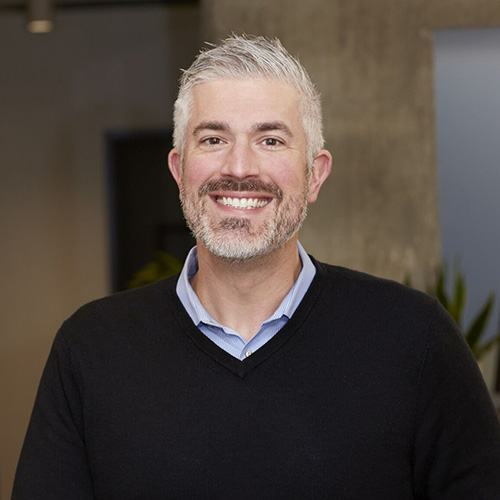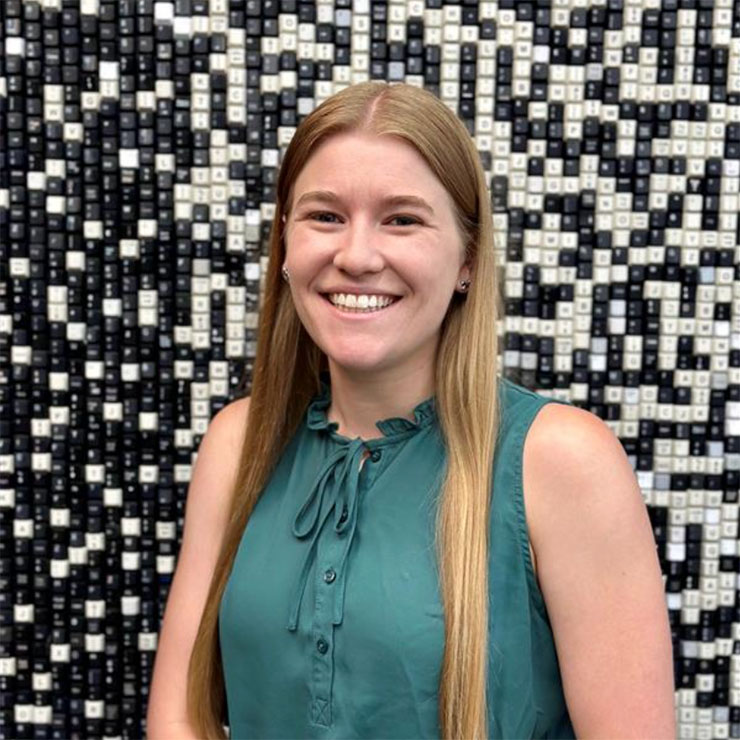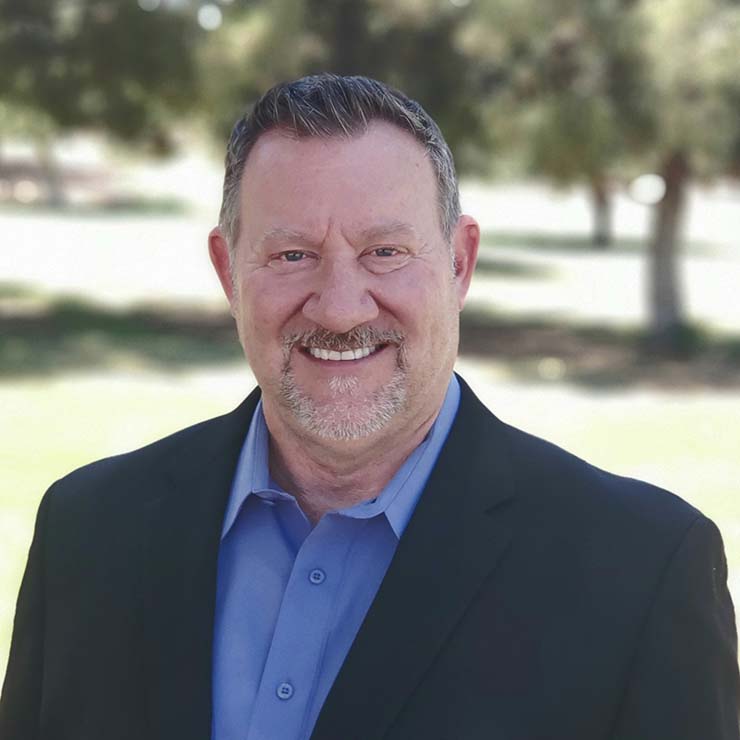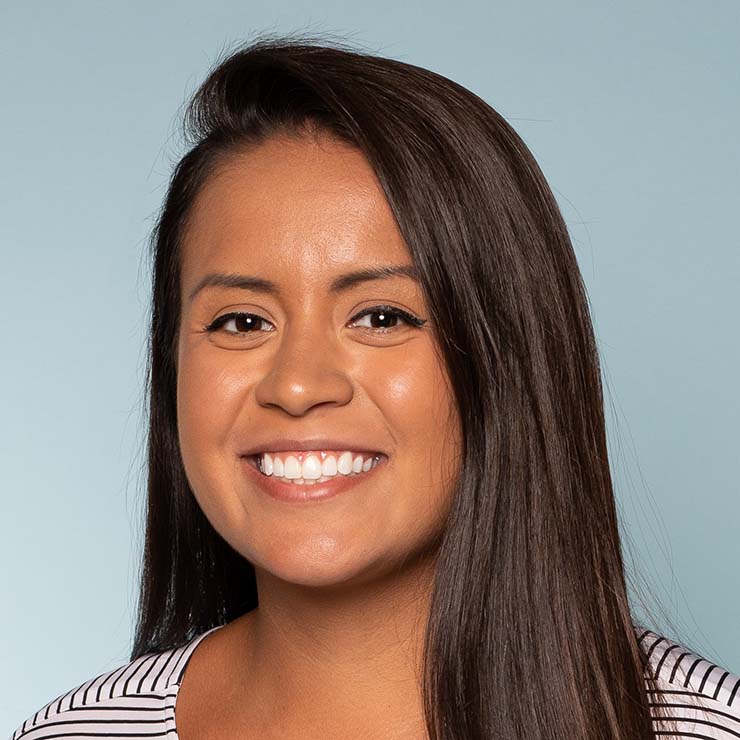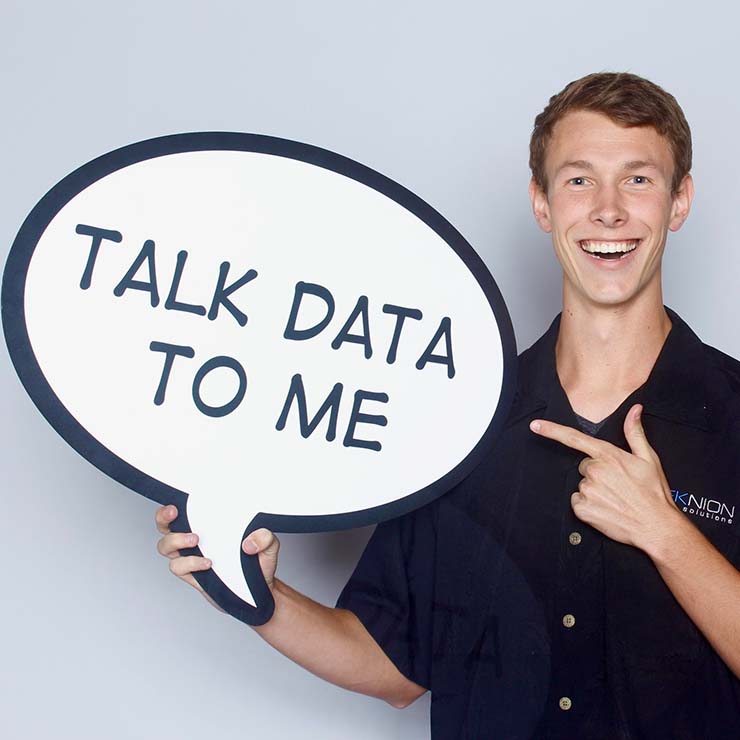Promoting diversity, equity, and inclusion in America’s workplaces, particularly in STEM fields like data science, is vital to drive innovation, achieve better business outcomes, and build a fair and equitable society. Companies in traditionally male-dominated STEM industries have a unique opportunity and a responsibility to foster DEI in their organizations.
While some companies take on DEI initiatives because they’re meeting mandates, the DEI committee at Resultant came about organically when employees recognized a need and took action to meet it. It’s a direct outgrowth of our core values, employee-driven and leader-supported, and an internal focus on how to make Resultant more equitable and inclusive.
From “colorblindness” to celebrating differences
Several employees serve on Resultant’s DEI committee, including Anna Muñoz, who has spoken on Capitol Hill about immigration reform.
When Anna first met with Resultant President John Roach to discuss the possibility of joining our team, she asked about the DEI initiatives here. She wanted to be involved with a company that doesn’t just pay lip service to the concept, but values it and has team members actively working to improve equity and inclusion.
“It’s important to me to that people feel welcome and, most importantly, supported,” said Anna. “And from an equity standpoint, once you learn about disparities, you can’t ignore them.”
One of the things the committee has done is help engage employees in letting go of the idea of “color blindness as an asset.” Promoting a color-blind approach when it comes to race stems from a desire for a society where race doesn’t matter. But only people who fit into the current majority ever experience their race not mattering.
In actuality, “color blindness” is incredibly dismissive of the realities of every person who has experienced discrimination. It’s an expectation that everyone wants to and will conform to whatever the prevailing cultural type is. The Resultant DEI committee’s efforts provide an avenue for employees to celebrate and learn about each other’s differences instead.
Equity and accountability
Anna joined the Rezzer Engagement Committee because she wanted to help with solutions to address internal disparities related to promotions, equitable pay, and equal opportunities.
“We have to hold each other accountable and to some degree all be on the same page about what we’re trying to accomplish—and what we mean by DEI,” said Anna. “A lot of times there are different ideas of what we mean by DEI. DEI work is ongoing. It’s never really going to be done.”
Reaching a diverse talent pool
One of the big questions in need of answers from DEI efforts today is how to get people to the door in the first place. How can we meet them where they are now to ensure they’re prepared to succeed in environments that aren’t yet as diverse, inclusive, and equitable as they could be? Are our recruiting practices reaching a diverse pool of talent? Where are we doing outreach and who are we missing with our efforts?
Many Resultant employees connect with various community groups to outreach and mentor. Some of the places we connect are United Way, Code Black Indy, Edge Mentoring, Brave Initiatives, Wheeler Mission, and Techpoint Foundation for Youth.
Anna acknowledges the importance of executive and company-wide participation and commitment to improving organizational culture.
“When it comes to achieving your DEI goals, it really can’t be just a few people who are really passionate about this. High levels of sponsorship and leadership buy-in are essential for furthering these goals anywhere. We have to bring everyone along.”
Share:

